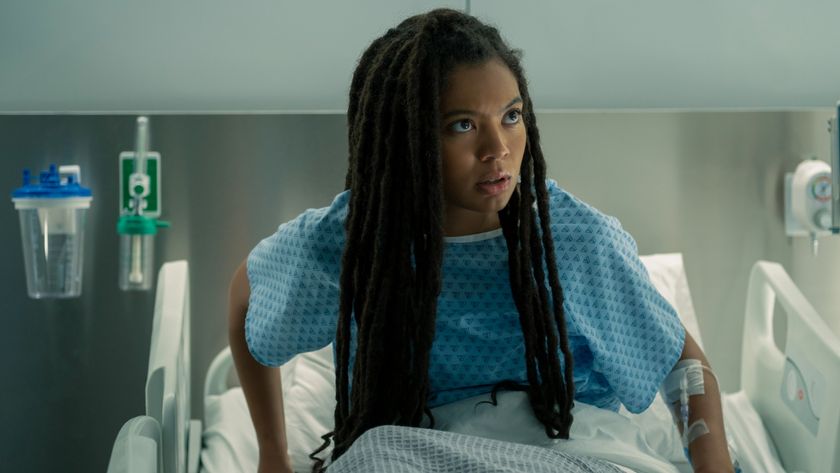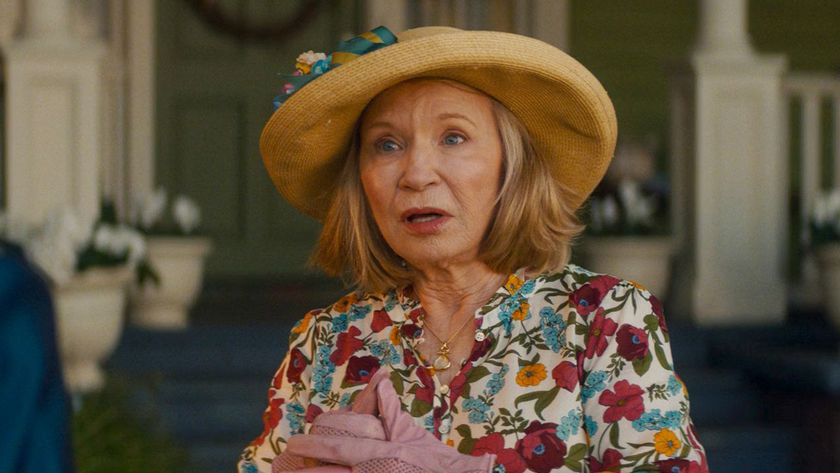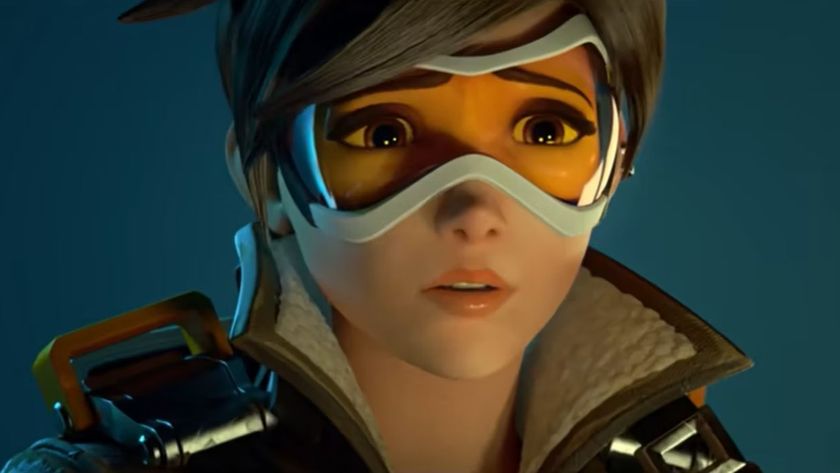Hughie deserved better in The Boys season 4, especially with that finale
The Boys season 4 finale was a rollercoaster of death, betrayal, and autocracy. But in that noise, the violation of Jack Quaid’s Hughie has gone unnoticed
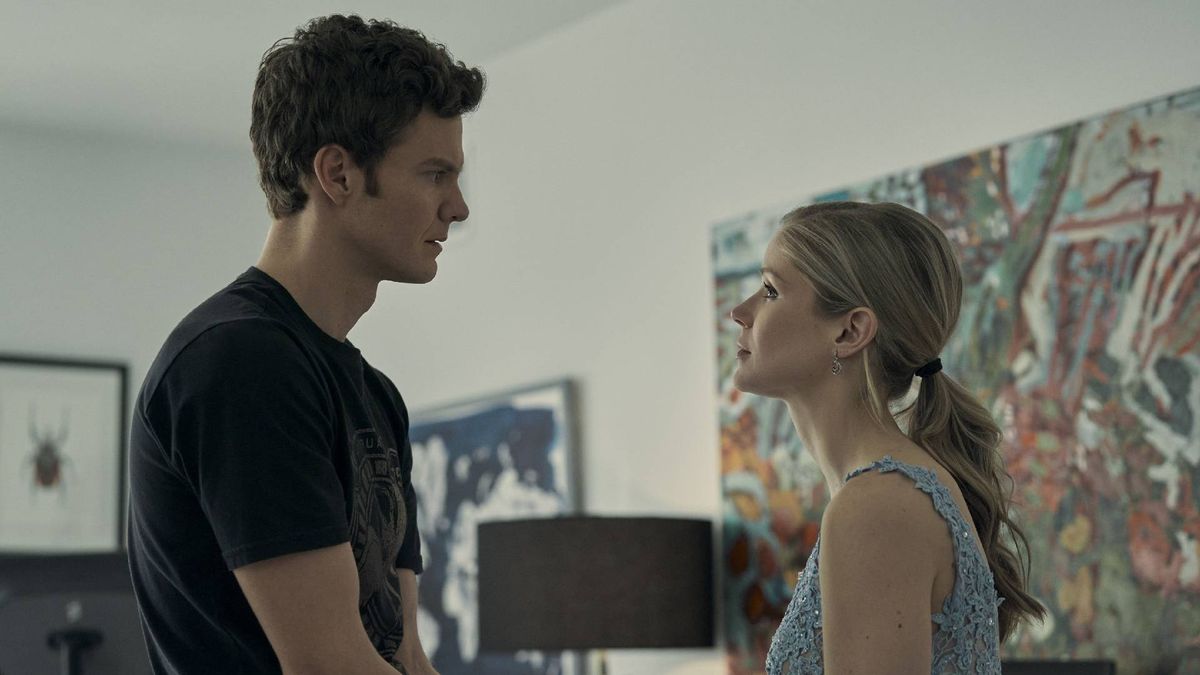
The following article refers to fictional instances of sexual assault and features spoilers for The Boys season 4 finale.
Poor Hughie. Once a relatively unremarkable retail worker, now a hardened superhero killer, and usually the moral heart of the amoral cult of power and celebrity in The Boys, Hughie always seems to get the short end of the stick.
First, his girlfriend Robin gets unceremoniously fridged by a human freight train. Second, he’s pulled into a dark and violent world of super conspiracies, forced to become, at times, monstrous, in order to seek revenge or protect the people he loves. Even in the season 4 finale of The Boys, his attempt at reconciliation with the season’s big bad (Vice President Elect Victoria Newman) is ruined by the brutal impulses of Butcher, the man who dragged him into this superpowered mess in the first place.
That’s not to mention, in season 4, the sight of his absent mother 30 odd years after she abandoned him, or the messy death of his father after Hughie tried to keep him alive with a dose of Compound V.
The issue at hand
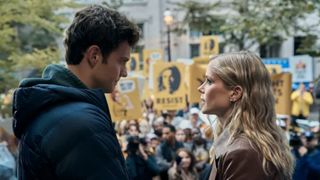
But to end that list of misfortunes there is also to do Hughie a great injustice, given the sexual humiliation and violation he experienced throughout the season – though the show itself conveniently skirts past any possible trauma he might have experienced.
Hughie spends several days with an imposter Annie, sleeping with the superpowered shapeshifter “no more than 20 times” and even getting engaged, while his real girlfriend struggles to escape from her captor. But when he and Annie are reunited, she is furious at the wonderful time he must have had, and he is (if only briefly) in the proverbial doghouse. That’s despite the fact that he was physically violated by a dangerous stranger who also could have killed him at any time.
This is predictable, if disappointing. There is a long and illustrious silence in pop culture around sexual violence perpetrated against men. The example I usually pull up in conversation is 2002’s 40 Days and 40 Nights, a rom-com where a man is so successful at attracting women he tries to give up sex for a few weeks, and is eventually raped by his ex – without any admission from the film that this was the case. There’s no sense that, as a man, he might have experienced anything negative from an involuntary sexual experience.
Sign up for the Total Film Newsletter
Bringing all the latest movie news, features, and reviews to your inbox
It’s a similar issue in season 1 of Bridgerton, where Regé-Jean Page’s young Duke is assaulted by his wife in an intimate moment, his consent intentionally violated as an act of defiance to his insistence of ‘pulling out’ – framed as bad etiquette, or a lover’s tiff, rather than anything more serious.
But moments like these are, in a culture that views men as sexually dominant, and incapable of violation in the same way, painfully common.
What next?
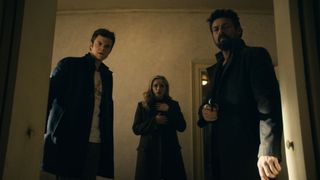
Part of what drew me to The Boys’ first season was its willingness to tackle sexual assault, in relation to Annie January (played by Erin Moriarty) and her bravery in outing The Deep as an abuser. This was, and is, a show that cares about the violence inflicted by the powerful when they feel they can get away with it – from The Deep’s unsavory coercion to Homelander’s dismissive destruction of a plane of civilians.
I know not to expect too much from a show where human characters regularly die mid-coitus during trysts with their superpowered lovers: the brash treatment of sex, violence and death alike is ostensibly part of The Boys’ sensationalist appeal, as well as its bruised heart. But I would like to see TV shows – even pulpy, gory, violent ones like The Boys – grapple with the violation of men’s consent in a more meaningful way.
For more, check out our latest coverage on The Boys:
- Homelander's dark past, explained
- The Boys season 4 takes full advantage of Prime Video’s most overlooked feature, and the result is hilarious
- Do I need to watch Gen V before The Boys season 4?
- Who is the new Black Noir in The Boys season 4? His return from the dead explained
- Our writer’s opinion piece - The Boys season 4 plays heavy on cameos, and I'm worried it's becoming what it set out to mock
- Is this surprise A-list appearance in The Boys season 4 the show's best cameo yet?
- Who is Tek Knight and how the billionaire Supe is way worse in the comics
- What's the virus in The Boys season 4?
- Who is Webweaver?

Henry St Leger is a freelance technology and entertainment reporter with bylines for The Times, GamesRadar, IGN, Edge, and Nintendo Life. He's a former staffer at our sister site TechRadar, where he worked as the News & Features Editor, and he writes regularly about streaming, games, D&D, and a host of home technologies including smart speakers and TVs. He lives in London with his Nintendo Switch (OLED) and spouse (not OLED).
